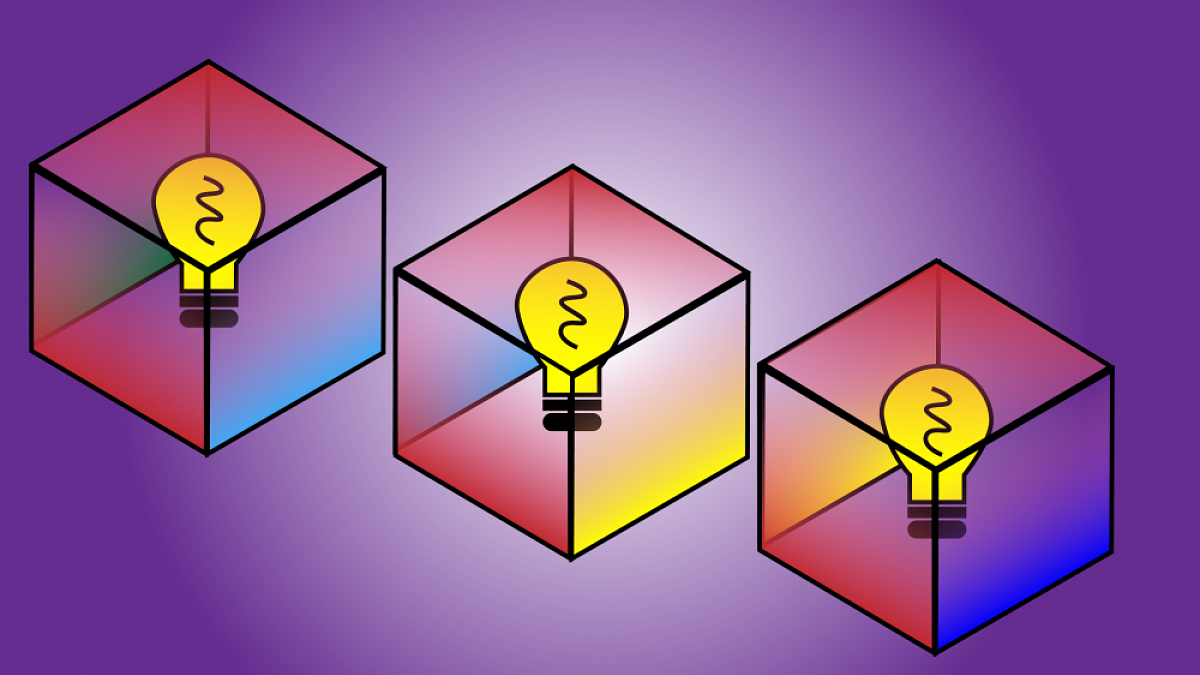Blockchain technology, which powers the popular cryptocurrency bitcoin, is not just about money. It’s more of a certification system, and experts say it’s set to change the way business operates across a whole fleet of industries.
“Blockchain represents a pivotal technology that could bring benefits to small- and medium-sized enterprises if we design the system right,” said Greg Mauer, a partner at Klarquist, an intellectual property firm based in Portland. “Those who understand blockchain mechanisms early will have an advantage over those who do not care or do not understand what is in play.”
Mauer will discuss blockchain’s potential to change industry practices, particularly in intellectual property, in a talk from 4 to 6 p.m. Nov. 6 in the Gerlinger Alumni Lounge titled “Blockchain on your Brain? An Industry IP Primer.”
Mauer’s talk is free and open to the public. For tickets, visit the event webpage.
Part of the Innovation to Impact fall speaker series, the event is co-sponsored by Innovation Partnership Services — which works with UO innovators, the public, and industry to accelerate the adoption of innovations derived from UO research and education — and the university’s chapter of the National Academy of Inventors, a nonprofit organization dedicated to encouraging inventors in academia.
Blockchain technology is essentially a network that stores information in a “block.” The “chain” is the process that verifies the information. All users in this decentralized network have access to each block, therefore it is difficult to change the information the block holds without changing all the other links in the chain.
That’s why blockchain is particularly useful for intellectual property, it guarantees a digital time-stamp and a place of origin, making a transparent and efficient process to record ownership.
“Blockchain mechanisms can be used for contract, escrow and documentation purposes in ways that will increasingly impact the IP process, and eventually these mechanisms will make their way into the formal IP process,” Mauer said.
He said he’s most excited about blockchain’s potential to democratize the intellectual property process.
“Blockchain could help level the playing field by putting powerful evidentiary mechanisms in the hands of everyone, reducing overall costs of participating in the IP system,” Mauer said. “Some of the best inventions come from smaller players, so I am hoping that we can build a system that brings everyone to the table.”
Blockchain’s system of data origin — the block — and transfer verification — the chain — can help smaller players across industries like shipping by improving product location tracking. Food safety organizations could better track the origin of contamination outbreaks. Even governments could verify votes in elections.
But as blockchain is a new technology, the laws around it are still in development. Mauer hopes enough people who understand its constructive potential will ensure it’s protected as a decentralized system that can better support outsiders.
“My sincere hope is that someone who ends up being a policymaker attends the talk and has a seat at the table when the laws are being written about blockchain,” Mauer said. “We have a precious opportunity here to take things in the direction of open development, crowd sourcing, etc., or we can lock out the small entities and keep it in the hands of a few.”
—By Adam Spencer, Innovation Partnership Services


